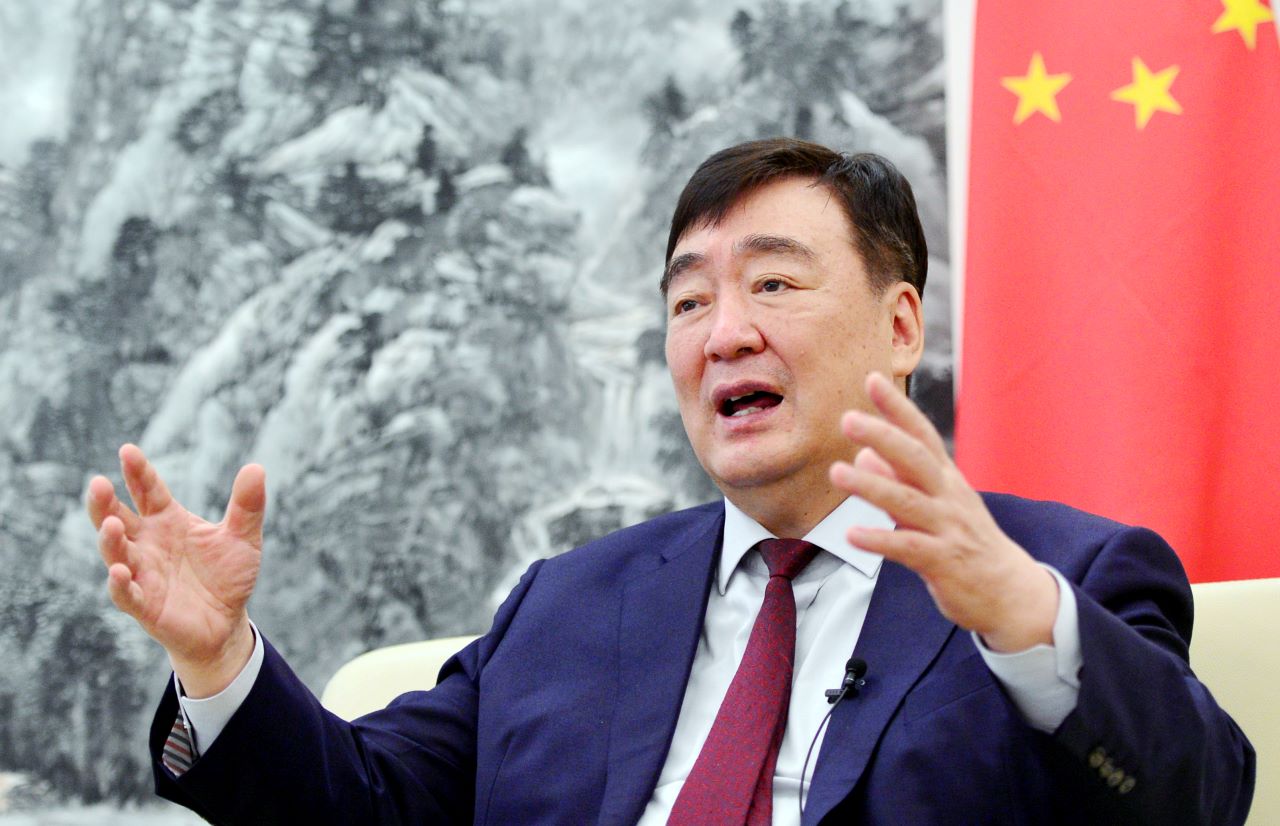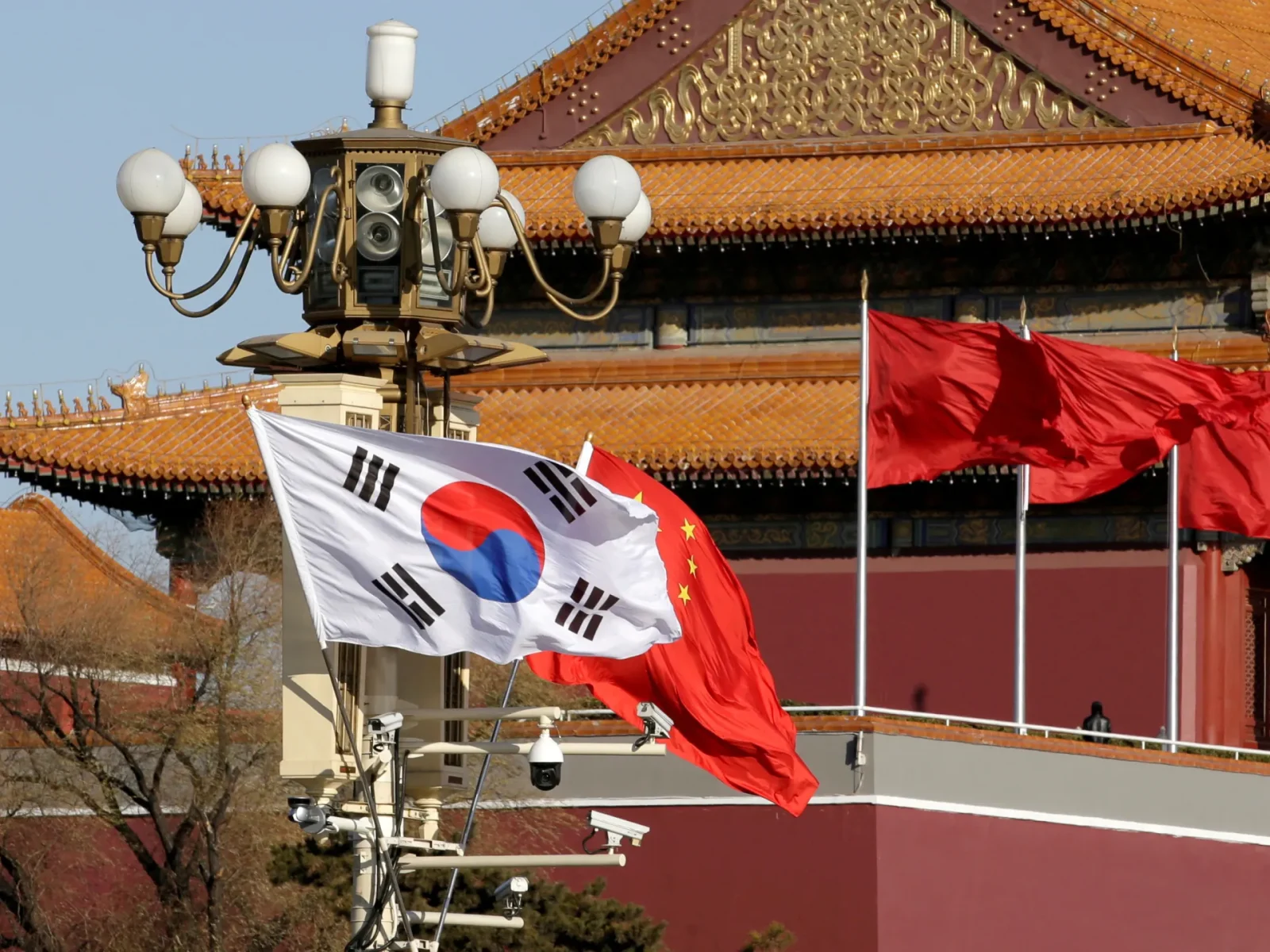South Korea’s foreign ministry has called in China’s ambassador to address his remarks accusing Seoul of aligning more closely with the United States and distancing itself from China, amid escalating competition between Washington and Beijing for global influence.
On Friday, South Korean First Vice Foreign Minister Chang Ho-jin reprimanded Chinese Ambassador Xing Haiming for his “senseless and provocative” comments made during a meeting with a South Korean opposition leader the previous day.
The ministry criticized Xing for breaching diplomatic protocols and interfering in South Korean domestic politics but did not detail which of Xing’s comments were deemed inappropriate or what his response to Chang was.
In response to the criticism, Chinese Ministry of Foreign Affairs spokesperson Wang Wenbin stated that the current challenges in Chinese-South Korean relations are “not caused by China.”
He explained that it is part of Ambassador Xing’s role to engage with various South Korean officials, political parties, and the public, to discuss bilateral relations and share China’s perspective and concerns.
During a meeting with South Korean Democratic Party leader Lee Jae-myung, who is a major rival of conservative President Yoon Suk Yeol, Xing criticized Yoon’s administration for allegedly favoring the United States, which he claimed has strained relations with China, South Korea’s largest trading partner.
Xing attributed the “many difficulties” in their bilateral relationship to South Korea’s increasing trade deficit with China, which he linked to efforts by South Korean companies to reduce their dependence on Chinese supply chains.

Xing also urged Seoul to respect Beijing’s core interests, including Taiwan—an area China considers its own territory—and other significant regional issues.
He criticized those who believe the U.S. will prevail over China, calling it a “wrong judgment” and asserting that those who anticipate China’s defeat will ultimately regret it.
South Korea’s Ministry of Foreign Affairs condemned Xing’s “irresponsible” comments, arguing that they contradict the mutual desire of both countries’ governments and people to enhance South Korea-China relations based on mutual respect.
Xing also discussed economic ties, suggesting that South Korea’s trade deficits have worsened due to its efforts to “decouple” from China but could benefit from Chinese economic growth if confidence in bilateral relations is restored.
He emphasized the interconnected nature of the industrial and supply chains between the two countries.
South Korea, with its economy heavily reliant on exports of technology products like computer memory chips, faces challenges in balancing its long-standing military alliance with the United States and its economic relationship with China.
Amid growing regional tensions and North Korea’s nuclear threats, President Yoon has focused on strengthening the alliance with the U.S., including expanding joint military training and seeking robust U.S. assurances of defense in the event of a North Korean nuclear attack.
The Biden administration has also sought to enhance trilateral cooperation with South Korea and Japan to address both the North Korean threat and China’s assertive foreign policy.







Leave a Reply